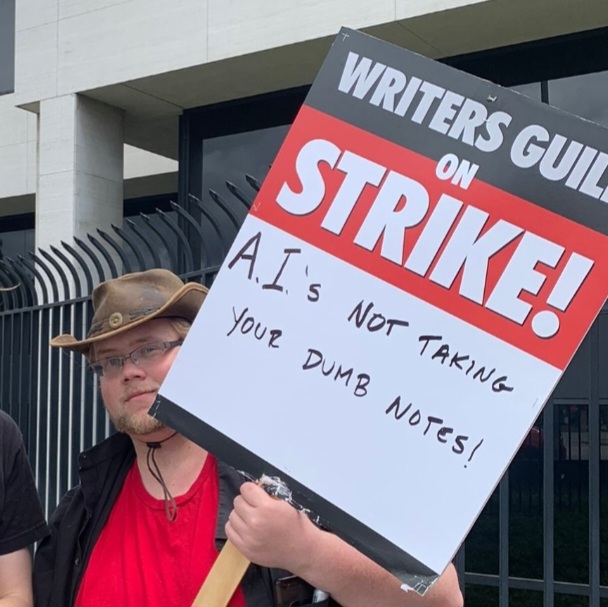As artificial intelligence continues to revolutionize industries worldwide, Hollywood has become one of its most intriguing battlegrounds. AI is enhancing visual effects, generating scripts, and even recreating actors digitally. The efficiency and creativity it brings are undeniable, but it also raises a critical question: Should AI-generated content pay the human creators whose work it learns from?
Actor Joseph Gordon-Levitt recently voiced his thoughts, stating that “AI uses human data to train itself—creators should be paid when AI generates content based on their work.” His statement has sparked heated debates in the entertainment industry. At the core of the discussion is the human side of creativity. After all, AI’s abilities are built on the very foundation of human-made art, performances, and stories.

While some see AI as a tool that complements human creativity, others are concerned about its potential to displace writers, actors, and directors. As AI becomes better at mimicking human work, many worry it could replace jobs rather than collaborate with humans. This concern has triggered calls for changes to copyright laws, arguing that if AI-generated content relies on human input, creators should be compensated.
The debate goes beyond economics—it touches on the value of human ingenuity. Should an AI-created film, script, or character that draws from human performances acknowledge and reward its human predecessors? Or should AI be considered a completely independent entity?
The future of Hollywood will likely hinge on how these questions are answered. The rise of AI raises not only technological questions but ethical ones about the future of human creativity in a rapidly changing industry.

